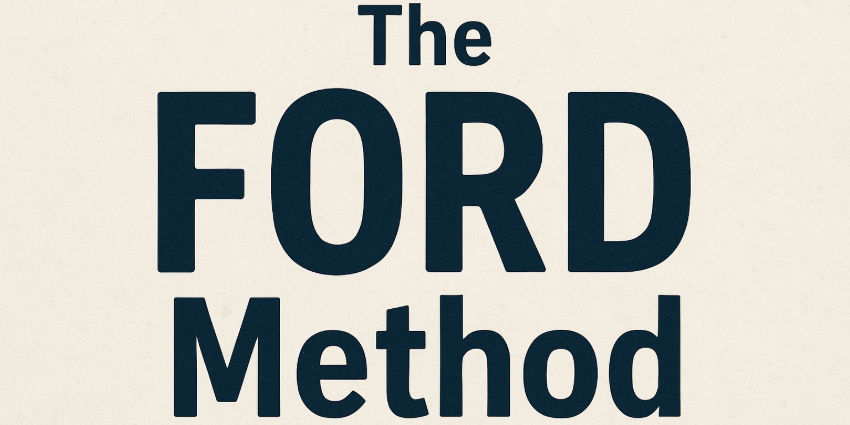Last week, we put ourselves to the test, the Clarity Test, by examining the nuances between Autonomy and Accountability. If you missed last week’s TPF, check it out.
This week, we’re talking about one of the challenges I hear often: the struggle to hold people accountable. As the title of this Thought Partner suggests, The Struggle is Real.
Here’s a fun fact I discovered in researching today’s message: 82% of leaders surveyed noted they have limited ability to hold others accountable for delivery on expectations (that number increased when leaders were working on cross-functional teams with people who were not their direct reports).
Yikes!
Rather than share the obvious factors that make it difficult to hold others accountable, I will cut to the chase today and share a few tips to consider if struggling to hold people accountable is a challenge.
1. Relationships, Relationships, Relationships – Any collaboration, partnership, or give-and-take experience is rooted in your relationships. Do people feel like they know, like, and trust you? Do you take the time to ask questions, inquire about their day, or find out how you can assist them? Proximity is helpful, but it’s not the only key to creating a “relationship exchange”. Challenge yourself to create a connection and go from there. (I challenged myself to do this with an American Airlines representative the other day, and what was a situation that was quickly going south was able to be resolved rather favorably.)
2. Is it Will or Skill? – Holding people accountable for skills they don’t have is pointless. Ask yourself (and the person you’re working with) if it’s a matter of WILL (I will do this; I will not do this; I don’t want to do this…) or a matter of SKILL (I don’t have the skills to do this; I don’t have the knowledge, resources, understanding…). If it’s a skill issue, the accountability is in determining how to solve that issue. If it’s a will issue, see #3.
3. Behavior has Consequences – This may not be the most popular opinion, but consequences can be the secret sauce to holding people accountable, and it’s often missing from the recipe. I hear it all the time: “These people are adults; they should do what they are supposed to do!” I get it, but sometimes people just don’t. When you tolerate consistent delivery failure (we’re talking three times), you promote mediocrity. People lose respect for you. You become the person who doesn’t have the WILL to hold people accountable, and that ruins RELATIONSHIPS.
Holding people accountable is difficult but not impossible. Which one of these three might help you succeed with the challenge?












